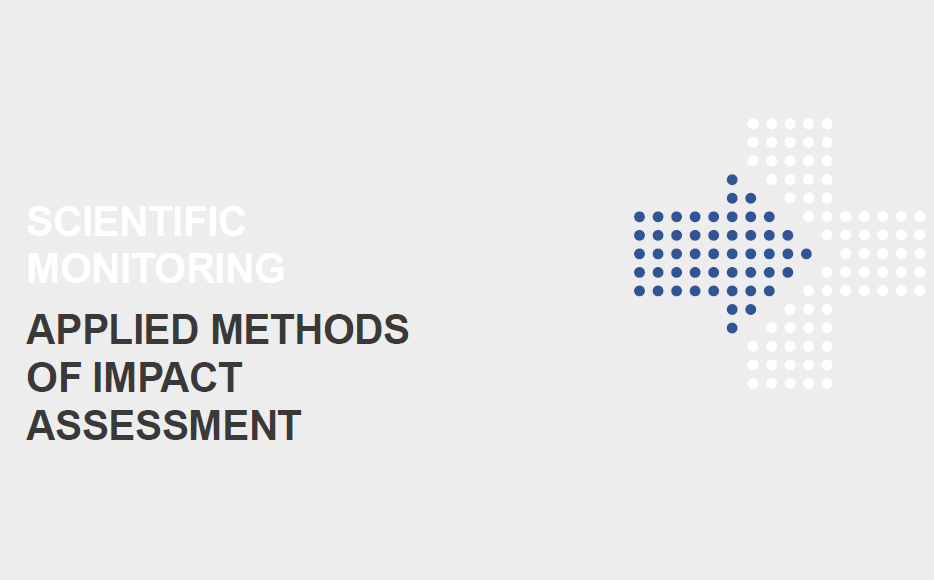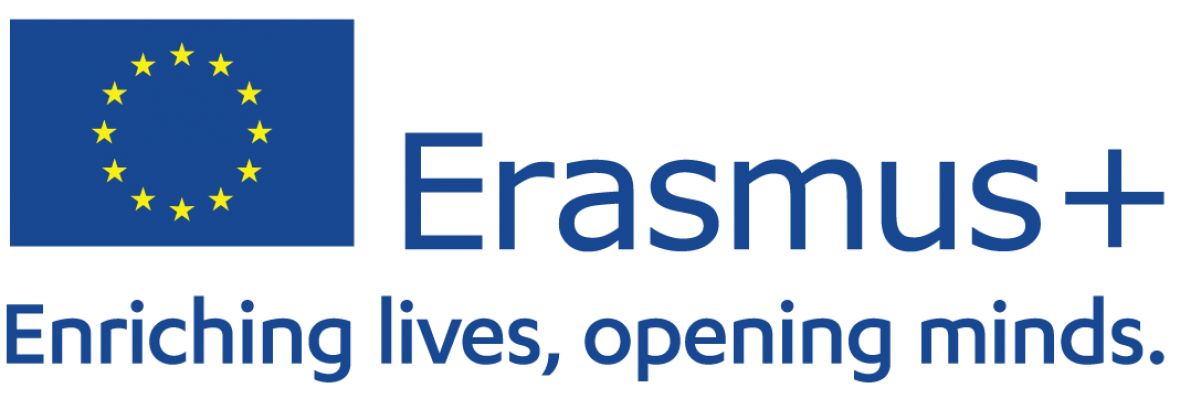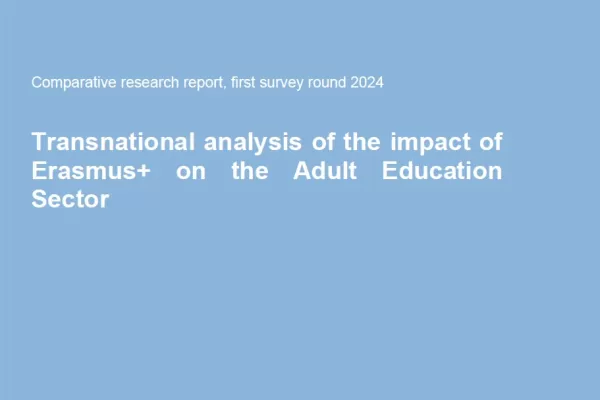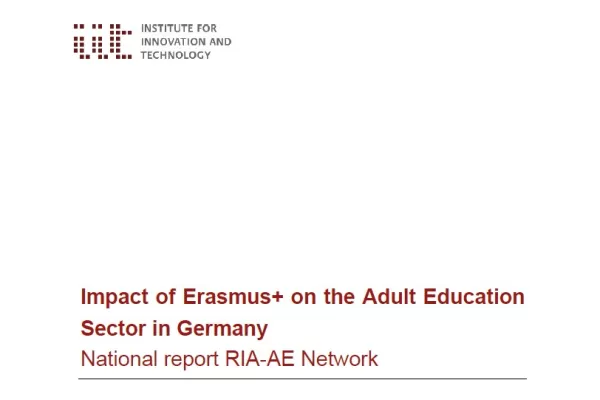Resume
The model results are presented for an overall indicator and sub-indicators. The report contains a comparative analysis with regard to selected socio-economic criteria. The general objective of the impact model for Erasmus+ is to create a transparent target architecture and an instrument for impact-oriented monitoring. The results are to be interpreted in their relative relations to each other. The overall indicator and the sub-indicators imply the level of effects for the years of participation in the programme examined. These indicators reflect participants' self-assessment of the issues raised and due to high response rates can be considered a reliable measure of the individually perceived or expected effects of mobilities. The added value of the model lies in the longitudinal comparison of indicators and in the comparison in regard to socio-economic criteria.
Conclusions
- The impact of mobility programmes on the development of competences of participating staff and the development of sending institutions is appreciated by the participants, the overall programme score is 3.9 (out of 5).
- The score of the indicator for (Active) European citizenship and innovation is stable at 3.9 over the analysed years. This points to a rather positive impact of the mobility programme on the change of the participant's view on the European topic.
- For all years analysed, the indicator for competence is 4.4 (on a 5-part scale) in the transnational perspective. Participants stated that thanks to the mobility experience they learned from good practices abroad, gained practical skills relevant for their current job and professional development, and that they developed their social and civic competences.
- In general, the effects on the (future) employability are rated as positive by the participating staff (average across all countries and years: 3.6). They think that by participating in a mobility they have improved their career and employment opportunities.
- The average of the indicator general professional development over the years of observation is stable at 4.1; the sub-indicator for skills and knowledge is around 4.0 whereas the sub-indicator network is stable at 4.2. The participants rate the positive effect of the mobility on their further occupational activity rather high. They claim to have improved their awareness of methods for assessing and evaluating skills acquired, to have become more motivated to carry on developing their professional skills and also have improved their organisational, management and leadership skills.
Recommendations
- National Agencies should highly focus on the motivation1 of participants. The more motivated they are the better is their satisfaction with the programme. In this context it is essential, that participants are actively involved in the application for and/or preparation of mobilities within their institutions.
- National Agencies should pay attention to the comparable low rating of participants sent by public organisations. Further investigations are needed to gain insight into the reasons for this result.
- The low share of realised Erasmus+ adult education mobility compared to all educational and training activities of ISCO-group 235 (other teaching professionals) has to be considered.
- Since satisfaction of participants differs quite remarkable, depending on their country of destination we recommend National Agencies as a matter of quality assurance to elaborate on this result and monitor data.
- The programme should not be changed fundamentally since there is evidence, that the participants in mobility found what they were looking for and what motivated them to join the programme: Those motivated in improving cooperation rate their satisfaction in the corresponding sub dimension very high. The same is true for motivation in individual development etc. In sum these results can serve as confirmation Erasmus+ AE-mobility being an action serving the expectations of it participants exemplary.
Download the report
- Impact Assessment report 1MB / pdf Download

More information?
Looking for more information about this project? Get in touch: valorisierung@oead.at.




